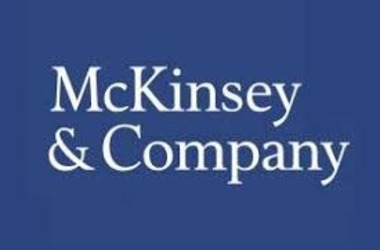
According to McKinsey, however, little progress has been made in terms of publicity and money:
“The bottom line is that despite billions of dollars of investment, and nearly as many headlines, evidence for a practical scalable use for blockchain is thin on the ground.”
The consulting firm believes that blockchain is still relatively complex, expensive, unstable and unregulated as a child technology. It believes that the industry is currently in stage 1 of its development if investment is to bear fruit in the form of a product being placed on the market.
McKinsey notes, however, that the industry does not emerge from this pioneering stage in further market growth and adoption. One reason for this is that the technology is not really needed, especially for “blockchain players in the payments segment.”
“Occam’s razor is the problem-solving principle that the simplest solution tends to be the best. On that basis blockchain’s payments use cases may be the wrong answer.”
It should be noted that this does not appear to be MIT’s position. Bitcoinist reported on a recent MIT Technology Review article, which expects 2019 to be the year when blockchain projects begin to bear fruit and become’ boring.’
Meanwhile, McKinsey & Company considers blockchain technology to be of practical value in other areas.
“Examples are found in insurance, supply chains, and capital markets, in which distributed ledgers can tackle pain points including inefficiency, process opacity, and fraud.”
In addition, the company believes that the technology appeals to some modernization-oriented industries. Moreover, blockchain holds a reputational value or possibly a PR value as it signals to shareholders that a company strives to innovate.